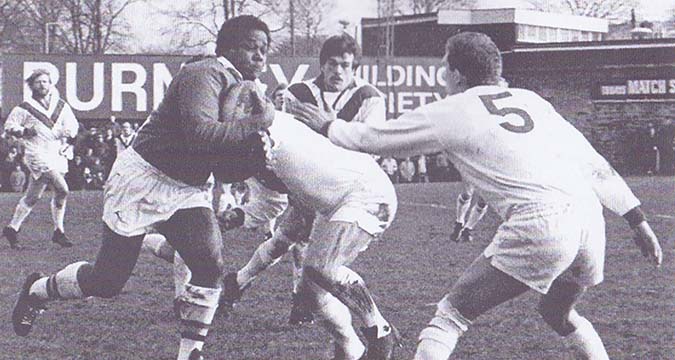 David Barends was one of many South Africans who was denied the chance to fulfil his potential because of the appalling apartheid regime.
Hailing from a village called Elim near Cape Town, Barends was a talented winger playing in his local rugby union competition, when he received a life-changing contract offer from Wakefield Trinity.
He arri
David Barends was one of many South Africans who was denied the chance to fulfil his potential because of the appalling apartheid regime.
Hailing from a village called Elim near Cape Town, Barends was a talented winger playing in his local rugby union competition, when he received a life-changing contract offer from Wakefield Trinity.
He arri Rugby League Heroes: David Barends
 David Barends was one of many South Africans who was denied the chance to fulfil his potential because of the appalling apartheid regime.
Hailing from a village called Elim near Cape Town, Barends was a talented winger playing in his local rugby union competition, when he received a life-changing contract offer from Wakefield Trinity.
He arri
David Barends was one of many South Africans who was denied the chance to fulfil his potential because of the appalling apartheid regime.
Hailing from a village called Elim near Cape Town, Barends was a talented winger playing in his local rugby union competition, when he received a life-changing contract offer from Wakefield Trinity.
He arri 